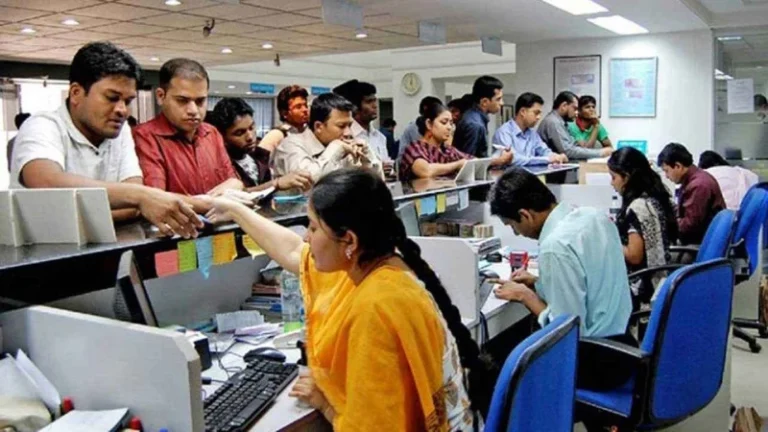US rating agency Moody’s Investors Service yesterday changed its outlook for Bangladesh’s banking system to stable from negative, which will relieve the central bank boss of stress.
It comes at a time when there is a negative perception at home and abroad about the country’s banking sector.
The changed outlook reflects “our expectation that profitability and liquidity stress has eased despite ongoing asset-quality difficulties”, Moody’s said in a report.
It said profitability would be stable due to steady net interest margins (a profitability indicator that measures the difference between interest income and interest paid out by financial institutions) and credit costs.
Capital will also be stable because internal capital generation will be in line with capital consumption, it said, adding that the lenders’ funding and liquidity will be tight but stable.
“The stable outlook also reflects our expectation that the government will continue to support banks when needed to maintain systemic stability,” it said.
Zahid Hussain, former lead economist at the World Bank’s Dhaka office, said Moody’s latest outlook is a positive sign for Bangladesh’s banking sector.
“There has been an erosion in global confidence about Bangladesh’s banking sector. The latest outlook will prevent this,” he said.
The central bank has implemented several reform measures in the banking sector in line with the International Monetary Fund’s $4.7 billion loan programme, a Bangladesh Bank official told The Daily Star yesterday.
It has been a year since the reforms were taken up and some improvements are already visible, he said, adding, they expect more progress ahead. Moody’s latest outlook could be a reflection of the reforms, he said.
Moody’s had downgraded the outlook to negative from stable in March last year when Bangladesh went for the IMF loan programme.
Moody’s in its latest outlook mentioned that the economy’s operating environment would deteriorate as economic growth slows and inflation remains elevated.
Bangladesh’s real GDP growth, which historically has been about 6.5 percent, is expected to slow to 6 percent in the fiscal year ending June 2024 and 6.3 percent in the fiscal year 2025, Moody’s said.




